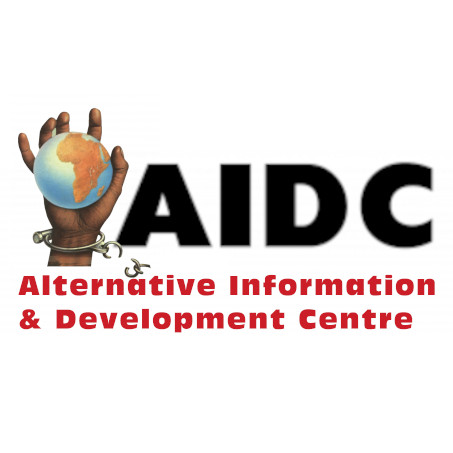By Roselilly Ushewokunze
Climate change has adversely affected food systems in Binga. The district lies in the northern part of the Zambezi valley in Zimbabwe. It is situated along the eastern banks of Lake Kariba, close to the Zambia-Zimbabwe border. The community falls into agro-ecological regions 4 and 5 which naturally receive low rainfall and makes it susceptible to the negative impacts of climate change. With a population of over 100 000, community members rely on agriculture as a source of livelihood, however the increase of extreme weather patterns such as long dry spells and decreased rainfall have intensified human and wildlife conflict evidenced by wildlife encroaching human settlement as resources such as food and water become scarce.
Women and other socially and economically disadvantaged groups such as youths absorb the brutal impact of climate change due to deeply entrenched social roles, economic exclusion as well as their geographical location. In addition, whilst women and young people bear the brunt of climate change they tend to be the least placed to deal with its impacts due to exclusion in decision making and policy formulation. The intensity of these challenges vary from country to country, however the Binga community face aggravated challenges due to the continued downward spiralling of the economy, the negative effects of unpaid care work that has a bearing on their social and economic participation in key national processes and lack of comprehensive gender responsive budgeting that addresses basic needs. Food sovereignty, access to clean water and shelter from extreme weather changes remain pertinent challenges caused by climate change.
For communities in Binga, it is no longer possible to look at food, climate change, livelihoods, health and the management of natural resources separately. A report published by the Food and Agriculture Organisation in 2022 indicates that the impacts of climate change are reducing the capacity of natural resources such as water and soil to meet the food demands of the world’s growing population. Enhancing systems thinking through holistic approaches is needed to address these complex and interdependent challenges. The fundamental connection between people and the planet, with sustainable agricultural food systems is at the heart of the 2030 Agenda for Sustainable Development as well as Africa’s Agenda 2063. This stresses the urgent need to take concerted action and pursue policies directed at transformational change. Ending poverty and achieving zero hunger, whilst ensuring inclusive growth and sustainably managing the planets resources in the context of climate change and biodiversity loss will only be possible through holistic and integrated approaches.
To address these challenges, women and youths from Sikalenge and Lubimbi villages have taken it upon themselves to address the lack of food sovereignty. The community is implementing various projects such as mushroom farming, growing of small grain crops and transforming agriculture systems through the use of agroecology principles. Under the TRREAT model the communities aim to transform food systems, reduce waste, promote responsible consumption, add economic value through agro-processing and preserve traditional knowledge. The project is also seeking the amendment of Zimbabwe’s seed Act to enable communal and small scale farmers to be seed sovereign. The government of Zimbabwe is encouraged to complement these efforts by engaging in inter-ministerial policy design and implementation, bringing together agricultural and food sectors that are often disaggregated.
Image shows young woman from Sikalenge preparing spawn for mushroom production






